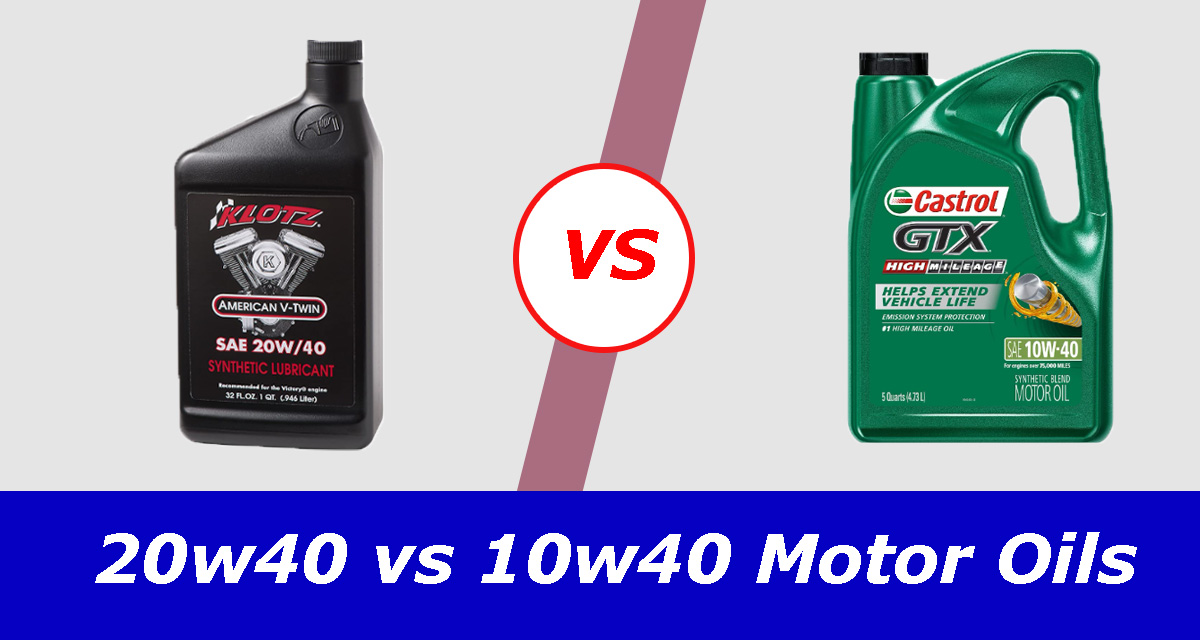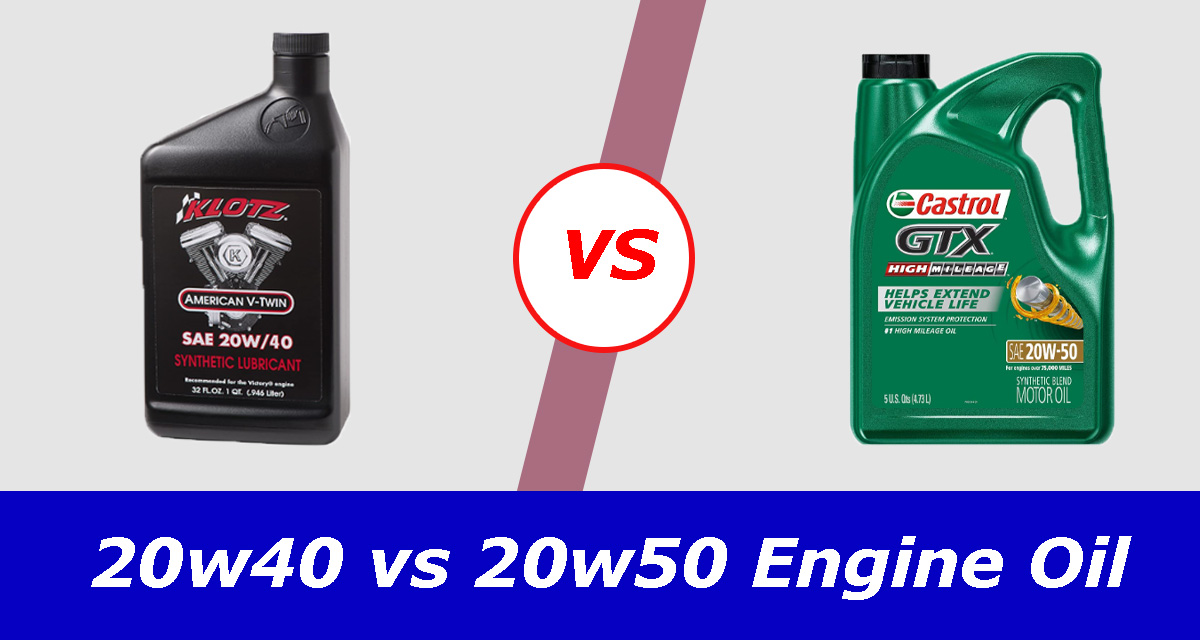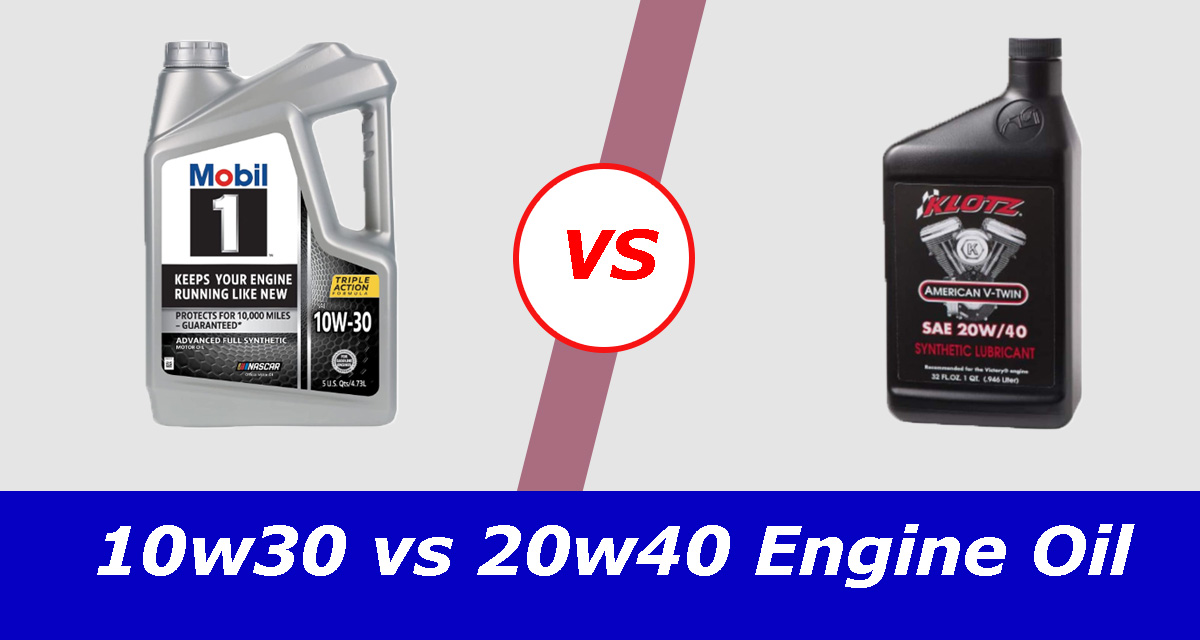Synthetic Motor Oil is generally the best option for use in engines than any other oil. Synthetic oil is a lubricant made of chemical compounds that have been synthesized by breaking down and reassembling petroleum molecules. It can be completely synthetic or a synthetic blend, and it can come from a variety of different base types.
Full synthetic oils are made from a synthetic base stock, are constructed molecule by molecule without the use of petroleum, and include additives to aid in the oil’s breakdown. Synthetic blends are made up of a combination of traditional and synthetic base stocks. When you mix synthetic base stock into regular mineral oil, you get a little more protection than using conventional oil.
Advantages of Synthetic Motor Oil

Synthetic oil has some advantages which explain the nature of this type of oil. Some advantages of synthetic motor oil are given below:
- The viscosity index of synthetics is naturally greater. This means that as the temperature fluctuates during typical engine starter and operation, the viscosity changes less (and is more stable). The film thickness or clearance between metal surfaces that slide or spin against one other is determined by the viscosity of the lubricant. Friction and wear would be considered without this coating thickness.
- The reason why synthetic oil is so popular is that it lasts longer than normal oil. Synthetic oil is suggested to be changed every 5,000 to 7,000 miles, while some manufacturers claim a far longer period (15,000 to 25,000). The first bullet above explains the main reason for the longer oil change interval. Regardless of the type of oil you use, it’s still a good idea to change it at the manufacturer’s recommended intervals.
- In cold temperatures, it flows more easily, thus there is no loss of prime when the oil is cold. It’s also resistant to heat, friction, and chemical impurities causing viscosity breakdown (the ability of the oil to flow readily in all temperatures).
5 myths of Synthetic Oil
1. No Coming Back:
You can never go back to conventional oil after you’ve switched to synthetic. This is one of the most common misconceptions regarding synthetic oil, and it’s absolutely false. You can change your mind at any moment. Synthetic blends are, in fact, a combination of synthetic and conventional oils. It’s recommended to use the same oil for top-ups if necessary, as this will provide the best protection from the oil you’ve chosen.
2. Shouldn’t be used in older vehicles:
In an older car, synthetic oil is not recommended. The fallacy is based on the belief that synthetic oil is “slippier,” has a lower viscosity, or is less compatible with seals, and hence leeks or leaks more in locations where traditional oil would not. Again, this is entirely false. Synthetic oils will protect older vehicles’ engines just as well as newer vehicles’ engines.
3. Should break the engine with conventional oil:
Before switching to synthetic oil, you should break in your engine with conventional oil. Again, we’re not aware of any manufacturer who offers this advice. Synthetic oil is standard on Mercedes, Porsche, Corvette, select Cadillacs, Volkswagen, Hyundai, and many other manufacturers’ vehicles.
4. Voids car’s warranty:
A car’s warranty is void if synthetic oil is used. Untrue. Some Mazda rotary engines are the only engines that specifically prohibit the use of synthetic motor oil.
5. Group III base oils are not true synthetics:
Synthetics derived from Group III base oils aren’t true synthetics and don’t perform as well as PAO-based Group IV synthetics. Again, this is untrue. In some circumstances, synthetics created from Group III oil can beat those made from Group IV oils in terms of performance.
Benefits of using synthetic oil

Why use synthetic oil? The benefits of using synthetic oil are uncountable, some of the benefits are shown below:
- It gives superior protection against the formation of “ash” and other deposits in engine hot spots (especially turbochargers and superchargers) for less oil burnoff and a lower risk of damaging oil channel clogging.
- Increased horsepower and torque due to less initial drag on the engine.
- Decreased evaporative loss.
- Possibility of getting a longer engine life.
- Improved fuel economy in certain engine configurations.
- Resistance to oxidation, thermal breakdown, and oil sludge problems.
- Possibility of extended drain intervals, with the environmental benefit of less used oil waste generated.
Comparison of Synthetic oil vs Regular oil
- Regular oils are produced by untreated mineral refining (Group 1)
- Semi-synthetic oils, also known as synthetic-based oils, are a mix of oils generated by mineral refining without chemical treatment (Group I) and oils produced by mineral refining with chemical treatment (Group II) (Group III)
- Mineral refinement with chemical treatment produces synthetic technology oils (Group III)
- Oils having 100 percent synthetic molecules (Group IV and V) without any mineral refinement are known as 100 percent synthetic oils.
Disadvantages of Synthetic oil
Having a lot of benefits and advantages, synthetic oil also has some disadvantages. Disadvantages of synthetic oil are given below:
- The cost of synthetic oil is probably the most obvious disadvantage. Synthetic oil costs between two and four times as much as normal oil. The high cost of oil is undoubtedly one of the downsides. Of course, this is a high-quality oil with the best production effort. The key reason for the expense is the high cost of manufacture for this product.
- During cold storage, synthetics may be more susceptible to additive precipitation. This separates certain additives from the oil, potentially leading to their full separation.
- When compared to mineral oil, synthetic multi-grade motor oils may have a little lower fuel economy on the highway. Mineral oils, in comparison to synthetics, require more viscosity index improvers (an addition). By a technique known as shear-induced transient viscosity thinning, this additive helps to reduce viscosity friction. If synthetic oil is used, the moving parts will have almost no friction. It is thus not recommended to use it on new cars right away since it will prevent the car from running properly.
- Synthetic oil does not work well with older car models, particularly those manufactured prior to 1990. Most older models employ deposits as oil system sealing. Synthetic oil cleans out the deposits. As a result, leakage occurs, exposing your engine to the hazards of abrasive pollutants.
After all, being expensive synthetic oil also gives the best output than any other oil in the market. It gives the consumer a smooth use of their motor engine and keeps them less tense about their engine health. It is wiser to suggest synthetic oil than any other conventional oil in the market. If your vehicle comes with conventional oil, you may upgrade to synthetic oil and get the benefits, including fewer frequent oil changes. Check the automobile handbook before purchasing oil for your vehicle to guarantee compatibility.
Switching to synthetic oil is a better alternative if you want to lower the frequency with which you change your oil. Check the car handbook before purchasing oil for your car to guarantee compatibility. When compared to normal oil, it lasts twice as long. When it comes to price, though, the double figure also applies. That should not be a concern, as it will be a profitable investment. In any event, synthetic oil may extend the life of your engine.




